Rotating Vegetables: Home Garden Crop Rotation
If you've planted your garden the same way year after year, your vegetables may start to fail. Crop rotation may solve the problem.
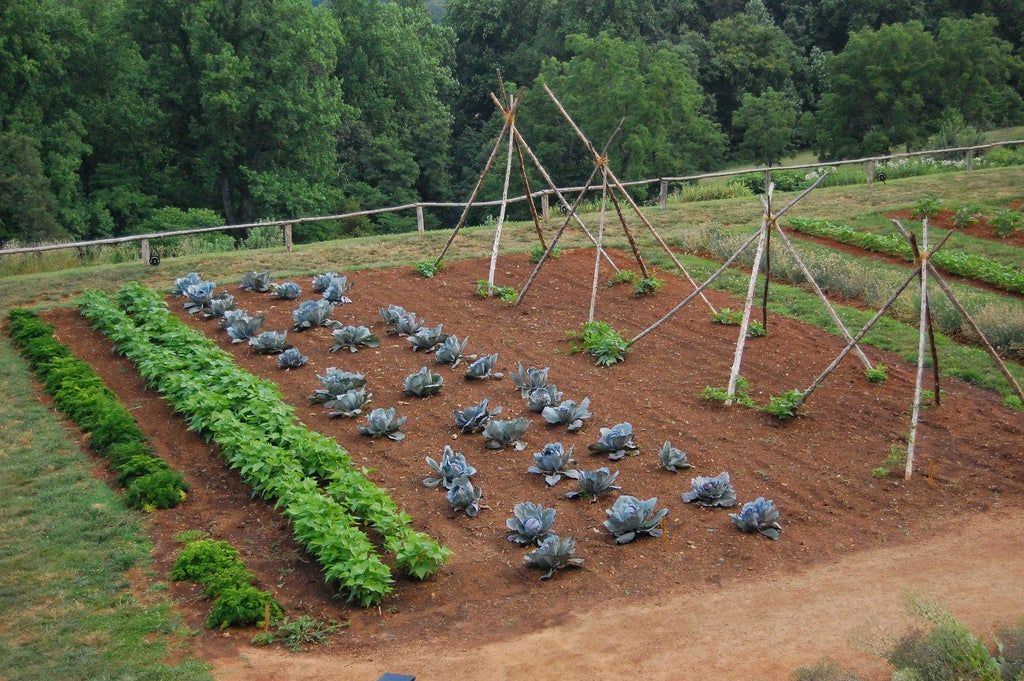

Caroline Bloomfield
Learn About Vegetable Garden Crop Rotation
Is this your scenario? Last year, you lost half your tomato plants and a quarter of your pepper plants. Your zucchini plants have stopped producing and the peas are looking a bit peaked.
Perhaps you've been planting your garden the same way for years, and up till now, you've not had a problem. Maybe it's time to consider home garden crop rotation.
Let's look at why is crop rotation important and how to do vegetable garden crop rotation.
Why is Crop Rotation Important?
Different vegetables belong to different families, and different botanical families have different nutritional needs and are affected by different issues.
When you grow plants from the same family in the same place year after year, they slowly leach away the nutrients that those specific plants need. Eventually, without rotating vegetables, the area becomes depleted of those specific nutrients needed by that particular plant family.
On a related note, vegetables in the same botanical family are also susceptible to the same pests and diseases. Plant the same families in the same spot year after year and you may as well post a sign for an all-you-can-eat buffet for these pests and diseases.
Rotation of your vegetable garden plants will stop these issues from affecting your garden.
Gardening tips, videos, info and more delivered right to your inbox!
Sign up for the Gardening Know How newsletter today and receive a free copy of our e-book "How to Grow Delicious Tomatoes".
Home Garden Crop Rotation
Rotating vegetables at home is simple: make sure plants from the same family aren't planted in the same spot for more than three years in a row.
If a spot has a pest or disease problem, don't plant the affected botanical families there for at least two years.
Rotation of vegetable garden crops isn't difficult but simply requires planning. Every year, before you plant your garden, think about where each plant types were planted last year and how they performed the year before. If they performed poorly the year before, crop rotation could significantly improve their performance and greatly increase your garden's yield.
Plants That Profit From Rotation
These plant families will especially thrive with crop rotation:
Alliums – Onions, garlic
Brassicas – Broccoli, Brussels sprouts, cabbage
Lettuces - Salad greens
Legumes – Peas, beans, nuts, clovers
Nightshades – Eggplants, potatoes, tomatoes, peppers
Root veggies – Carrots, potatoes, beets

Heather Rhoades founded Gardening Know How in 2007. She holds degrees from Cleveland State University and Northern Kentucky University. She is an avid gardener with a passion for community, and is a recipient of the Master Gardeners of Ohio Lifetime Achievement Award.
- Caroline BloomfieldManager of Marketing Communications
-
 Why Are My Seedlings Wilting? 6 Common Causes – And How To Save Them
Why Are My Seedlings Wilting? 6 Common Causes – And How To Save ThemWilted seedlings are a definite sign that something is not right. Learn how to diagnose the problem and bring baby plants back from the brink.
By Teo Spengler
-
 Bugged About Strawberry Pests? 6 Common Pests, Plus How To Protect Your Precious Strawbs
Bugged About Strawberry Pests? 6 Common Pests, Plus How To Protect Your Precious StrawbsStrawberry plants looking a little under the weather and not sure why? Check to make sure they haven’t come a-cropper to one of these classic strawberry pests
By Tonya Barnett
-
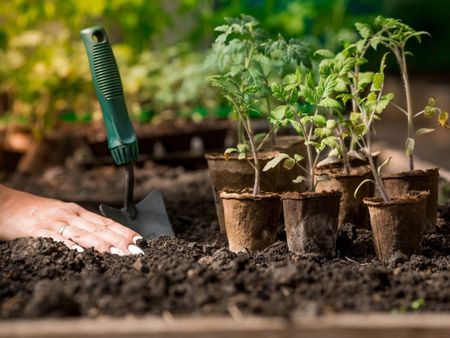 How Many Vegetables To Plant Per Person For A Year
How Many Vegetables To Plant Per Person For A YearGauging how much to plant in a vegetable garden can eliminate waste while still producing enough for your family. Click for more.
By Bonnie L. Grant
-
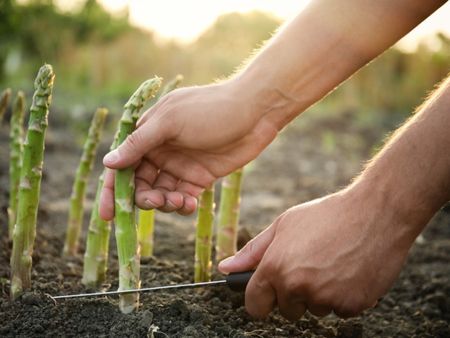 13 Perennial Fruits And Vegetables You Only Have To Plant Once
13 Perennial Fruits And Vegetables You Only Have To Plant OnceLooking to set it and forget it? Find out which fruits and vegetables can be grown as perennials.
By Laura Miller
-
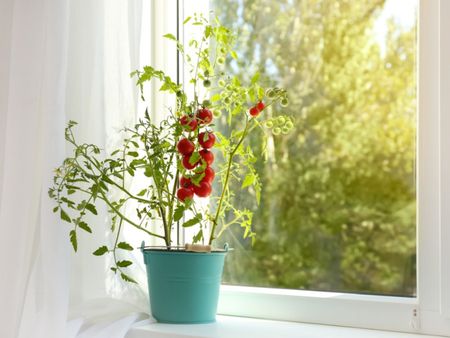 11 Edible Plants For A Year-Round Garden In A Bucket
11 Edible Plants For A Year-Round Garden In A BucketWant to know how to grow food inside your house and which foods do best indoors? Click here to learn all about it.
By Bonnie L. Grant
-
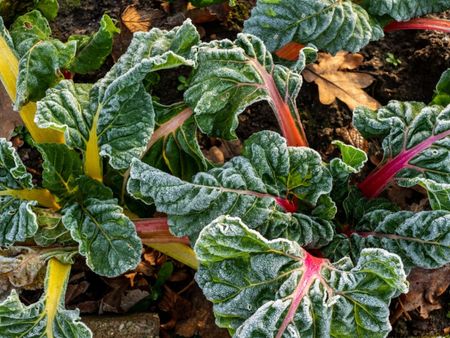 Frost Tolerance Of Vegetables From Least To Most Hardy
Frost Tolerance Of Vegetables From Least To Most HardyHow cold can vegetables tolerate? Knowing which veggies will survive frosts and freezes is essential for the success of your garden. Click here for more.
By Laura Miller
-
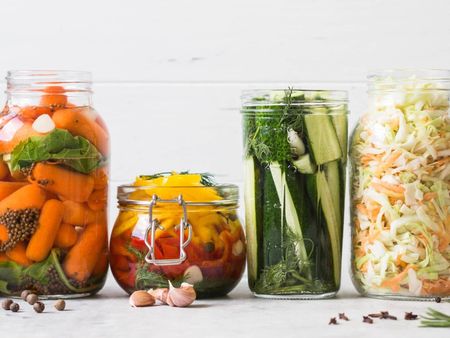 Best Vegetables To Pickle Straight From The Garden
Best Vegetables To Pickle Straight From The GardenPickles aren’t limited to just cucumbers. Read on for tips on pickling your fresh veggies.
By Amy Grant
-
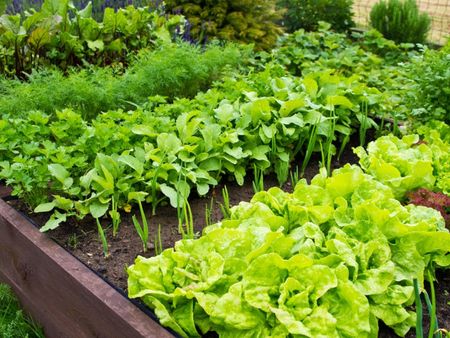 Benefits Of Planting In Fall Vs. Spring Vegetable Plots
Benefits Of Planting In Fall Vs. Spring Vegetable PlotsLearn why some vegetables do better if you plant them in fall instead of spring.
By Laura Miller
-
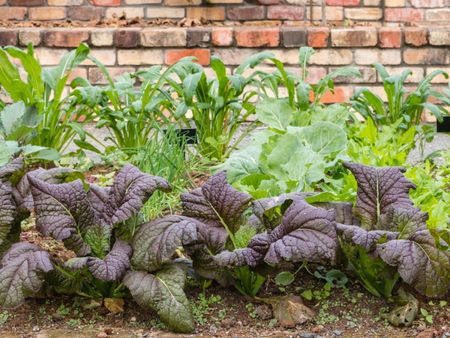 Interplanting Vegetables In The Fall Garden
Interplanting Vegetables In The Fall GardenLearn all about the benefits of interplanting vegetables for your fall garden.
By Laura Miller
-
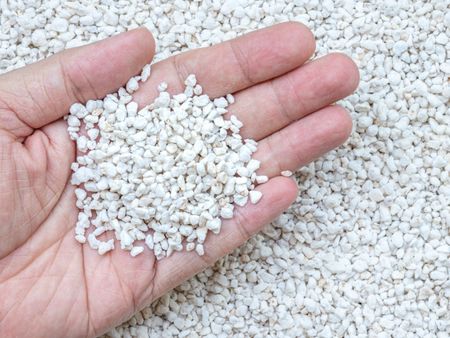 Best Vegetables For Growing In Perlite
Best Vegetables For Growing In PerlitePerlite is a natural growing medium that comes from super-heated volcanic glass. In some cases, it works better than soil. Read on for more info.
By Laura Miller